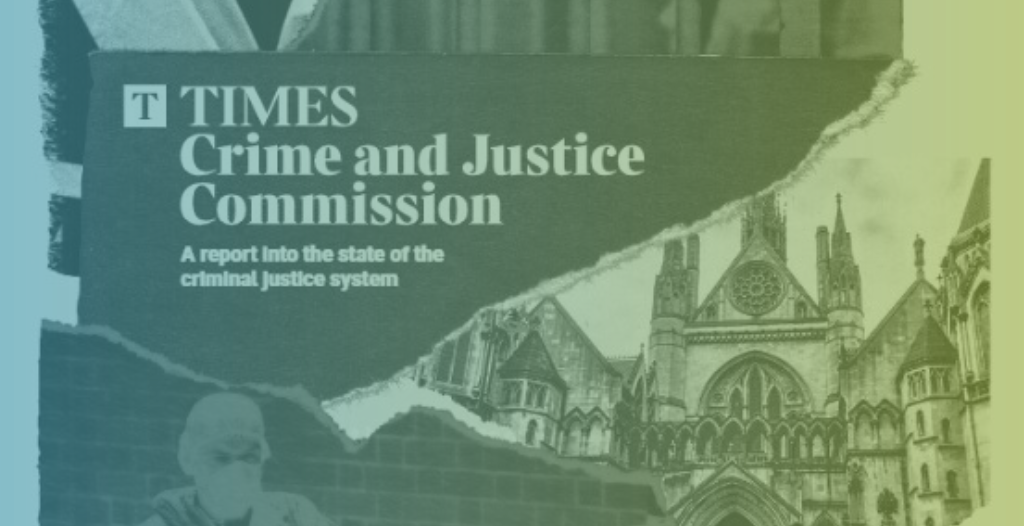Resources
I'm interested in
All resources
LatestCriminal justice
15 Apr 2025
Catch22 Responds to The Times Crime and Justice Commission Report
Child exploitation
17 Jan 2025
Catch22 response to Youth Select Committee Social Media and Youth Violence Inquiry
Digital skills
8 May 2024
Catch22 responds to Ofcom draft Children’s Safety Codes of Practice
Digital skills
27 Jul 2023
London’s VRU invests to keep young people safe online
Emotional support
16 May 2023
The Hive featured in new Ofcom report on media literacy
Digital skills
7 Feb 2023
Want to talk about it? Making space for conversations about life online
Child exploitation
12 Jul 2022
Online Safety Bill: Balancing safety with opportunity
Child exploitation
27 May 2022
Catch22 gives oral evidence to the Online Safety Bill Committee hearing
Digital skills
22 Apr 2022
Reclaiming agency: how can gaming empower young people?
Digital skills
7 Apr 2022
96% of practitioners feel more confident talking to young people about social media
Child exploitation
17 Mar 2022
Catch22 responds to introduction of the Online Safety Bill
Child exploitation
16 Dec 2021
Unrealistic sexpectations: online porn and young people
Digital skills
10 Nov 2021
The Social Switch Project piloted in Salford
Child exploitation
10 Nov 2021
More young people exposed to violent or explicit content online
Child exploitation
10 Nov 2021
Online harms: acceptable use and regulation
Digital skills
20 Oct 2021
Supporting people and communities to thrive online
Victim services
13 Oct 2021
The role of a Vulnerable Victims Case Manager
Child exploitation
3 Aug 2021
‘Digital by Default’ in the COVID-19 Context
Digital skills
20 Jul 2021
Online harms training delivered to 1,000 frontline youth professionals
Child exploitation
13 May 2021
Catch22 responds to the Draft Online Safety Bill
Child exploitation
22 Apr 2021
Perspectives on policing
Digital skills
23 Mar 2021
The four key principles of a “Good” Web
Child exploitation
22 Jan 2021
Catch22 responds to Home Office “Tackling Child Sexual Abuse” strategy
Child exploitation
15 Dec 2020
Online Safety Bill: Why a proactive duty of care is so important
Show
Per page




















